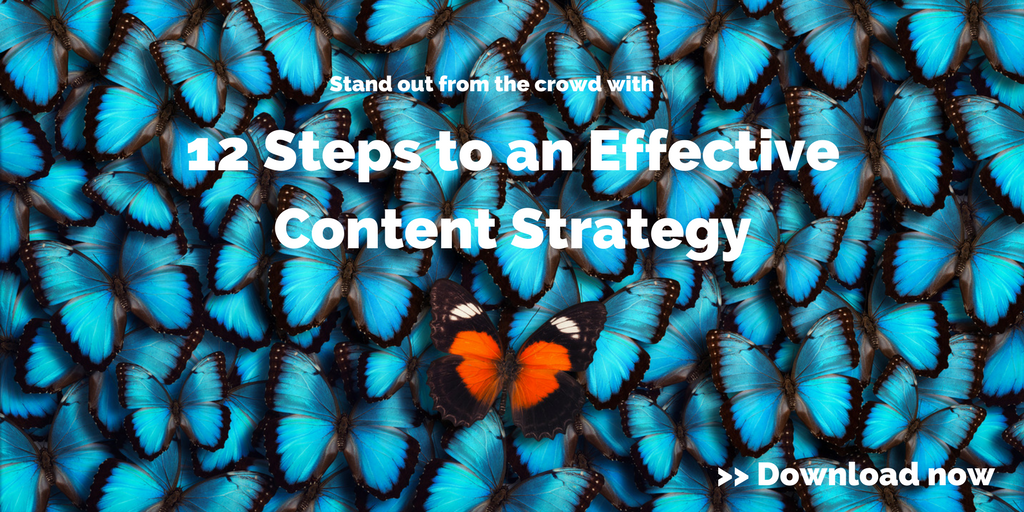Meta descriptions help boost your SEO, driving more traffic to your posts and more quality leads on your website.
You’re trying your best to become an expert in SEO optimization. You’re working hard to create valuable content, finding visually pleasing images to accompany your posts (and adding alt text), and using internal and external links throughout. But many of us marketers fail to acknowledge the importance of a strong, interesting meta description.
What is a meta description?
According to Wordstream, a meta description (sometimes called a meta description attribute or tag) is an HTML element that describes and summarizes the contents of your page for the benefit of users and search engines. Broken down into laymen’s terms, this means that meta descriptions are a short snippet of text that appears on a search engine results page (SERP) under your page title to describe to readers exactly what your content is about.
Why are meta descriptions important?
A strong meta description can draw visitors to your content. As they scroll through organic search results, your meta description is their first glance at what they can expect from your page, making it a very visible part of search marketing. A compelling meta description gives you a brief overview of what the content is about, as well as a convincing reason to click on the link to your page.
[bctt tweet=”As visitors scroll through organic search results, your meta description is their first glance at what they can expect from your page, making it a very visible part of search marketing. ” username=”Fronetics”]
Sounds pretty simple, right? Writing persuasive meta descriptions can actually be quite challenging.
The character-count limit, which depends on your content management platform, keeps your descriptions to not much longer than a tweet. It’s a lot of pressure for marketers to come up with short but captivating snippets as to why a reader should click on your page. Hence why most marketers tend to glance over this key factor in SEO optimization.
Here are five tips to help you start writing better meta descriptions and increasing your click-through rates quickly.
5 tips for writing better meta descriptions
1. Keep it to 155 characters.
According to Moz’s research team, the optimal character length for meta descriptions is 150-160 characters. Anything longer and most search engines will cut off your description.
As you can see above, longer descriptions that get cut off don’t give readers a full picture of what your page is about. It’s important to keep to the optimal character count, giving readers a clear understanding of why they need to visit your page.
2. Read, read, and read again: no grammatical errors.
This seems pretty straight forward, but grammatical errors in a short description are bad. Really bad. Make sure you go back and read (and reread) your meta descriptions before you post them. And don’t be afraid to ask your coworkers to double check your work — sometimes it’s hard to see errors in your own writing. Your descriptions are a direct reflection of your content and therefore need to be flawless.
3. Don’t shy away from offers.
We’ve all seen a meta description that adds “30-day trail free” at the end. And why not? Essentially, a meta description is a hook for visitors to click on your page. Incentives are a great way to help your page stand out from the competition. Including short call-to-actions or offers in your description lets visitors know what’s waiting for them when they visit your site. It’s a great way to boost your content and get the most value from your meta descriptions.
4. Beware of Google AdWords.
Google AdWords is a form of paid advertising that prioritizes paid ads over organic search results. This is great if you’re paying for advertising. But if you’re like many marketers, you’re hoping to be at the top of the search results because you’re working hard to optimize your content. Because Google now posts the top four search results through AdWords, your content has to work harder to get to the top of the search results lists, making your meta descriptions more important than ever.
Focus on writing descriptions that provide value and invite readers to click on your site, other than trying to sell yourself. A more natural, inviting meta description will help you stand out against the paid ads also appearing in the search results.
5. Test and change.
As with all aspects of content marketing, your efforts should never be stagnant. It’s imperative that you track, test, and change your game plan according to how well — or, in some cases, how poorly — the efforts turn out.
This absolutely applies to your meta descriptions as well. Don’t be afraid to search your keywords and compare competitors’ meta descriptions against your own. Adapt what you’re doing to what is driving the best results. Do descriptions with offers gain more visits? Are your descriptions coming across as uninviting? Make adjustments along the way until you find what works best for you.
Have you given much thought to your meta descriptions? What tricks have you used?
Related posts:



